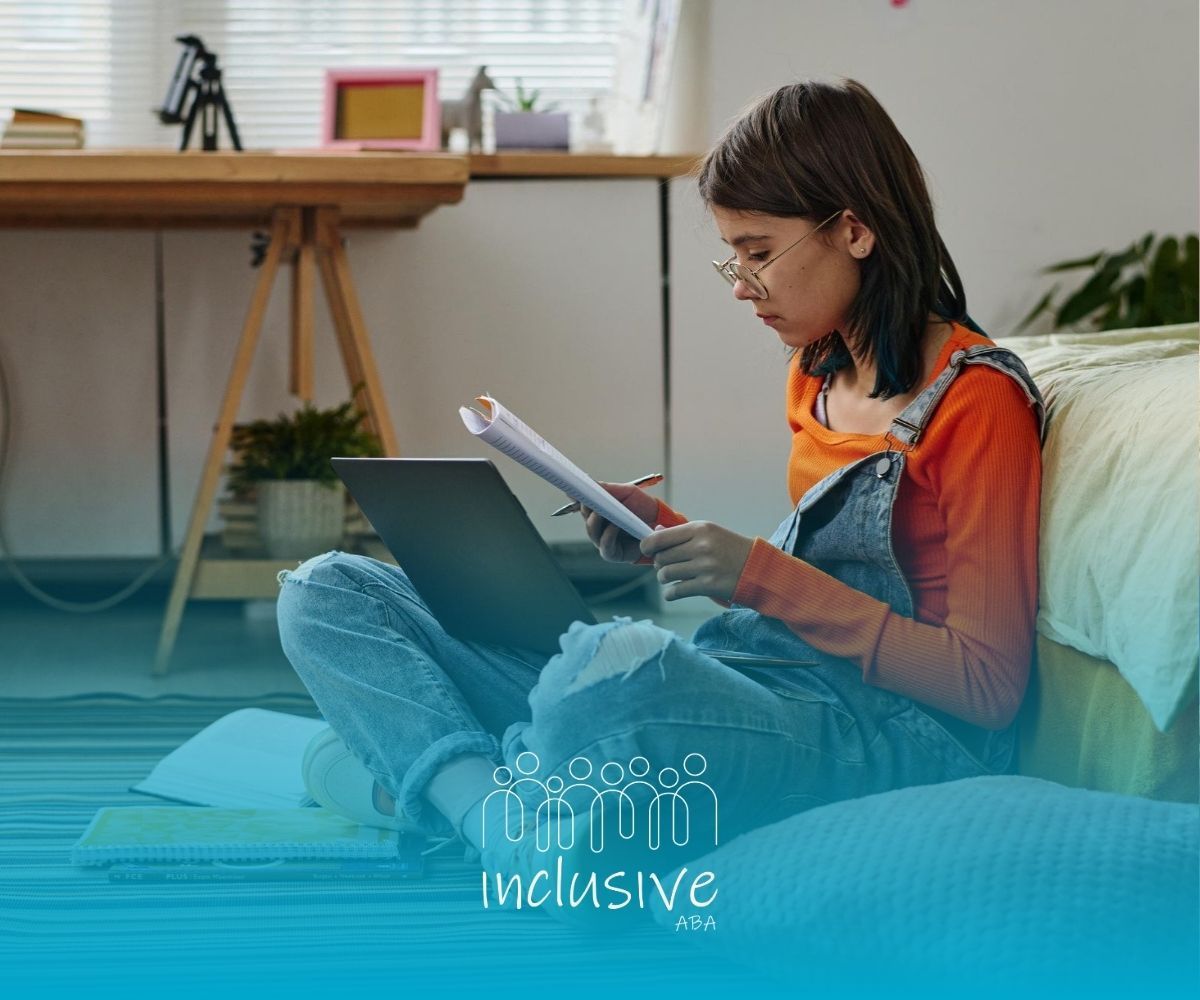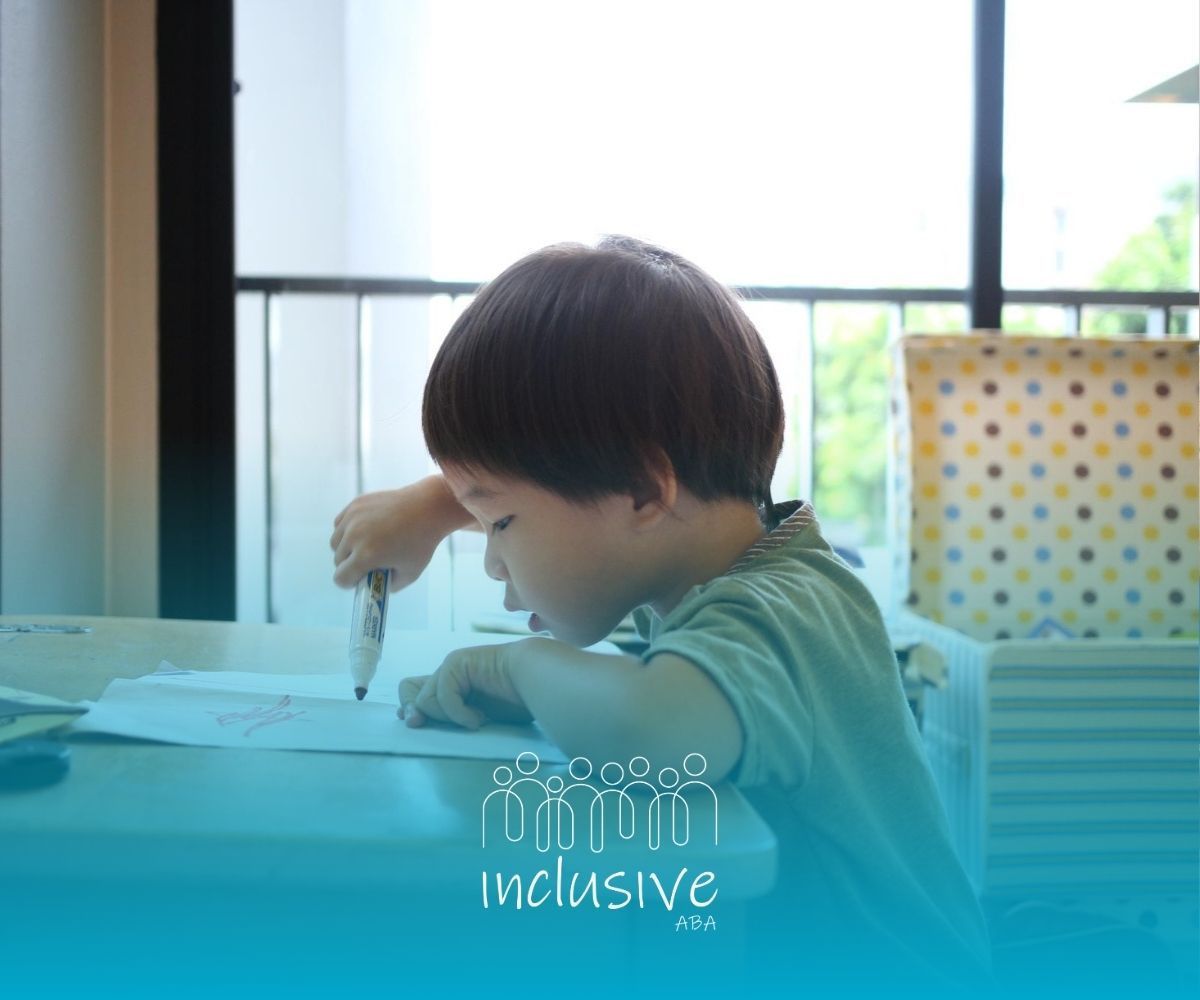Cracking the Code: Understanding ABA Therapist Qualifications
Qualifications for ABA Therapists
Understanding the qualifications required for ABA therapists is crucial for families seeking effective therapy for their loved ones with autism. This section delves into the essential educational and certification requirements for ABA therapists.
Master's Degree Requirement
A master’s degree is often required to become a Board Certified Behavior Analyst (BCBA), a standard credential for ABA therapists. Relevant graduate programs include those covering advanced topics in ABA, such as behavioral assessment, intervention strategies, ethics, and research methods.
A bachelor's degree in psychology, sociology, education, or other behavioral science is most closely aligned with the skills required of an ABA therapist. However, most careers in ABA therapy require a master's degree and BCBA certification.
The MS in Applied Behavior Analysis program at National University offers a fast-paced, fully accredited master’s ABA program available 100% online, preparing students to sit for the BACB exam and providing financial aid options for qualifying students.
A master's degree in Applied Behavior Analysis (ABA) or a related field is required to become an ABA therapist. While a bachelor’s degree in psychology, education, or a similar discipline can provide a solid foundation, most positions and state licensure requirements mandate graduate-level education.
BCBA Certification
The most recognized certification for ABA therapists is the BCBA credential, offered by the Behavior Analyst Certification Board (BACB). To earn this certification, candidates must meet specific requirements.
To become a Board Certified Behavior Analyst (BCBA), one must pass an exam administered by the Behavior Analyst Certification Board (BACB). This certification qualifies individuals to provide ABA services and act in a supervisory capacity for other professionals who implement behavior-analytic interventions.
To qualify as a Board Certified Behavior Analyst (BCBA), individuals must hold a master's degree and complete the Verified Course Sequence (VCS) outlined by the Association for Behavior Analysis International (ABAI). BCBA certification allows for more independence and higher salaries compared to Board Certified Assistant Behavior Analysts (BCaBAs), with the average annual salary for Applied Behavior Analysts with BCBA certification being $102,900 in 2021.
| Qualification | Requirement |
|---|---|
| Educational Level | Master's Degree in ABA or related field |
| Certification | BCBA Certification |
| Average Salary (2021) | $102,900 |
For more information on the certification process, visit our page on ABA therapist certification. To learn about the necessary training, check out ABA therapist training.
State Licensure
State licensure is a critical aspect of becoming an ABA therapist. The requirements for licensure can vary significantly from one state to another, making it essential for aspiring therapists to understand the specific criteria in their state.
Varied State Requirements
Licensing requirements for ABA therapists differ across the United States. Some states mandate that ABA therapists obtain BCBA certification as part of their licensure process. Many employers also require both a state license and BCBA certification.
To become licensed, individuals typically need to submit proof of their education, fieldwork experience, and BCBA certification. The number of required hours of hands-on clinical experience can range from 1,000 to 2,000 hours, supervised by a qualified BCBA or instructor.
| State | BCBA Certification Required | Supervised Experience Hours |
|---|---|---|
| California | Yes | 1,500 |
| Texas | Yes | 2,000 |
| Florida | Yes | 1,000 |
| New York | Yes | 1,500 |
Additional Licensure
In addition to the primary licensure requirements, some states have additional criteria that ABA therapists must meet. These can include continuing education requirements, background checks, and periodic license renewals. For example, the renewal of the BACB license for ABA therapy is required every two years.
It's important for ABA therapists to stay informed about the specific requirements in their state by checking with the local licensing board. This ensures compliance with all regulations and helps maintain the validity of their license.
For more information on the qualifications and training required for ABA therapists, visit our articles on aba therapist certification and aba therapist training. Additionally, understanding the essential ABA therapist skills and gaining practical ABA therapist experience are crucial steps in becoming a successful ABA therapist.
Practical Experience
Practical experience is a critical component of ABA therapist training. It involves hands-on work with clients, data collection, and implementing ABA interventions under the supervision of a certified BCBA. This ensures the development of necessary skills and confidence.
Hands-On Training
ABA therapists are often expected to complete extensive hands-on training to develop their clinical skills. This training typically involves working directly with individuals with behavioral challenges, applying learned principles in real-life settings. Therapists are required to complete 2,000 hours of supervised fieldwork. However, the Behavior Analyst Certification Board (BACB) offers a concentrated supervised fieldwork option that allows students to complete this requirement in as little as 1,500 hours.
| Training Type | Required Hours |
|---|---|
| Standard Supervised Fieldwork | 2,000 |
| Concentrated Supervised Fieldwork | 1,500 |
During this period, therapists engage in various activities such as:
- Conducting assessments
- Developing and implementing intervention plans
- Collecting and analyzing data
- Monitoring client progress
This hands-on training is essential for gaining practical experience and ensuring that therapists are well-prepared to handle diverse situations in their professional practice.
Supervision by BCBA
Supervision by a Board Certified Behavior Analyst (BCBA) is a crucial aspect of practical experience for ABA therapists. Supervised fieldwork allows therapists to apply their knowledge under the guidance of experienced professionals. According to Drexel University School of Education, many states require ABA therapists to complete 1,000+ hours of hands-on clinical experience supervised by a qualified BCBA or instructor.
| Supervision Requirement | Required Hours |
|---|---|
| Supervised Clinical Experience | 1,000+ |
During supervised fieldwork, therapists receive feedback and support from their supervisors, helping them refine their skills and improve their practice. This supervision ensures that therapists are competent in:
- Implementing ABA interventions
- Managing challenging behaviors
- Communicating effectively with clients and their families
Supervision by a BCBA is essential for ensuring that ABA therapists meet the high standards required for certification and licensure. It also helps therapists build confidence in their abilities and prepares them for independent practice.
ABA Therapy Effectiveness
Understanding the effectiveness of ABA therapy is crucial for families seeking the best support for their loved ones with autism. ABA therapy, or Applied Behavior Analysis, is a scientifically validated approach that focuses on improving specific behaviors and skills.
Science of Learning
ABA therapy is rooted in the science of learning and behavior. This approach involves breaking down complex skills into smaller, manageable steps and using systematic techniques to teach these skills. The principles of ABA are based on decades of research and have been shown to be effective in various settings.
ABA therapy is recognized as a best practice treatment by the US Surgeon General and the American Psychological Association. More than 20 studies have demonstrated that intensive and long-term therapy using ABA principles can lead to significant improvements in intellectual functioning, language development, daily living skills, and social functioning for many children with autism.
| Areas of Improvement | Percentage of Studies Showing Improvement |
|---|---|
| Intellectual Functioning | 85% |
| Language Development | 90% |
| Daily Living Skills | 80% |
| Social Functioning | 75% |
Positive Reinforcement
Positive reinforcement is a core component of ABA therapy. This technique involves providing rewards or incentives to encourage desired behaviors. By consistently reinforcing positive behaviors, individuals with autism can learn new skills and reduce challenging behaviors.
Positive reinforcement helps to create a supportive and motivating environment for learning. It can be tailored to the individual's preferences and needs, making it a highly personalized approach. For example, a child who enjoys playing with a specific toy may receive access to that toy as a reward for completing a task or demonstrating a desired behavior.
The effectiveness of positive reinforcement in ABA therapy is well-documented. It helps to build a strong foundation for learning and promotes long-term behavior change.
ABA therapy is not limited to children. Adults diagnosed with Autism Spectrum Disorder can also benefit from ABA therapy. The goals targeted in ABA for adults can differ from those for children, but some child target goals can work for adults as well, depending on the client's unique needs.
By understanding the science of learning and the role of positive reinforcement, families can make informed decisions about the qualifications and effectiveness of ABA therapists.
BCBA-D Designation
The BCBA-D designation is an advanced recognition for Board Certified Behavior Analysts (BCBAs) who have completed doctoral-level training in behavior analysis. This section will cover the eligibility criteria and application process for obtaining the BCBA-D designation.
Eligibility Criteria
To be eligible for the BCBA-D designation, individuals must meet specific educational and training requirements. According to the Behavior Analyst Certification Board (BACB), the following criteria must be fulfilled:
1. Doctoral Program
Candidates must have completed one of the following:
- An ABAI-accredited doctoral program.
- A doctoral program from a qualifying accredited institution.
- Another qualifying doctoral program.
2. BCBA Certification
The BCBA-D designation is not a separate certification but an advanced recognition for those who already hold BCBA certification. It does not grant any additional privileges beyond the BCBA certification.
3. Maintenance Requirements
BCBAs with the BCBA-D designation must meet all BCBA maintenance requirements as outlined in the BCBA Handbook. This includes supervision qualifications and requirements.
Application Process
The application process for the BCBA-D designation involves several steps. Here is a detailed breakdown:
- Complete the Application: Candidates must fill out the BCBA-D application form available on the BACB website.
- Supplemental Documentation: Applicants need to provide all necessary supplemental documentation, including proof of their doctoral degree and any additional required materials.
- Application Fee: A non-refundable fee of $105 must be paid at the time of application submission.
- Application Expiry: Incomplete applications will expire 90 days after payment if all required documentation is not provided within this timeframe.
| Step | Description |
|---|---|
| 1 | Complete the BCBA-D application form |
| 2 | Provide supplemental documentation |
| 3 | Pay the $105 application fee |
| 4 | Ensure all documentation is submitted within 90 days |
Skills for ABA Therapists
When considering ABA therapist qualifications, it's essential to look beyond academic credentials and certifications. The skills an ABA therapist possesses play a crucial role in the effectiveness of the therapy. Two of the most important skills are empathy and patience, and communication skills.
Empathy and Patience
Empathy and patience are fundamental skills for ABA therapists. They must understand the struggles faced by individuals with Autism Spectrum Disorder (ASD) to build trust and create a secure learning environment. These qualities are essential for addressing challenges in communication and social interaction.
Empathy allows therapists to connect with their clients on a deeper level, recognizing and validating their feelings and experiences. Patience is equally important, as progress in ABA therapy can be gradual and requires consistent effort. An empathetic and patient therapist can provide the support and encouragement needed for individuals with ASD to thrive.
Communication Skills
Effective communication is another critical skill for ABA therapists. They must adapt their communication style to meet the distinct needs of each client with ASD, including both verbal and non-verbal individuals. This involves simplifying language, using visual aids, and practicing active listening to comprehend the needs and emotions of individuals with autism.
Communication skills also extend to interactions with the client's family and other professionals involved in their care. Clear and consistent communication ensures that everyone is on the same page and working towards the same goals.
By focusing on these essential skills, families can ensure they are selecting an ABA therapist who is not only qualified but also capable of providing the compassionate and effective support their loved ones need.
Final Thoughts
Understanding the qualifications required for ABA therapists ensures that families can make informed decisions when choosing the right professional for their loved ones. From education and certification to hands-on training and licensure, each step plays a vital role in ensuring high-quality therapy.
At Inclusive ABA, we are committed to providing expert, compassionate ABA therapy to support individuals with autism in reaching their full potential. Contact us today to learn more about how our qualified team can help your family!
Sources:
- https://www.nu.edu/blog/skills-abilities-and-personality-traits-of-a-good-behavior-therapist/
- https://www.appliedbehavioranalysisedu.org/how-to-become-aba-therapist/
- https://drexel.edu/soe/resources/career-path/how-to-aba-therapist/
- https://www.bacb.com/bcba/
- http://www.levelaheadaba.com/













